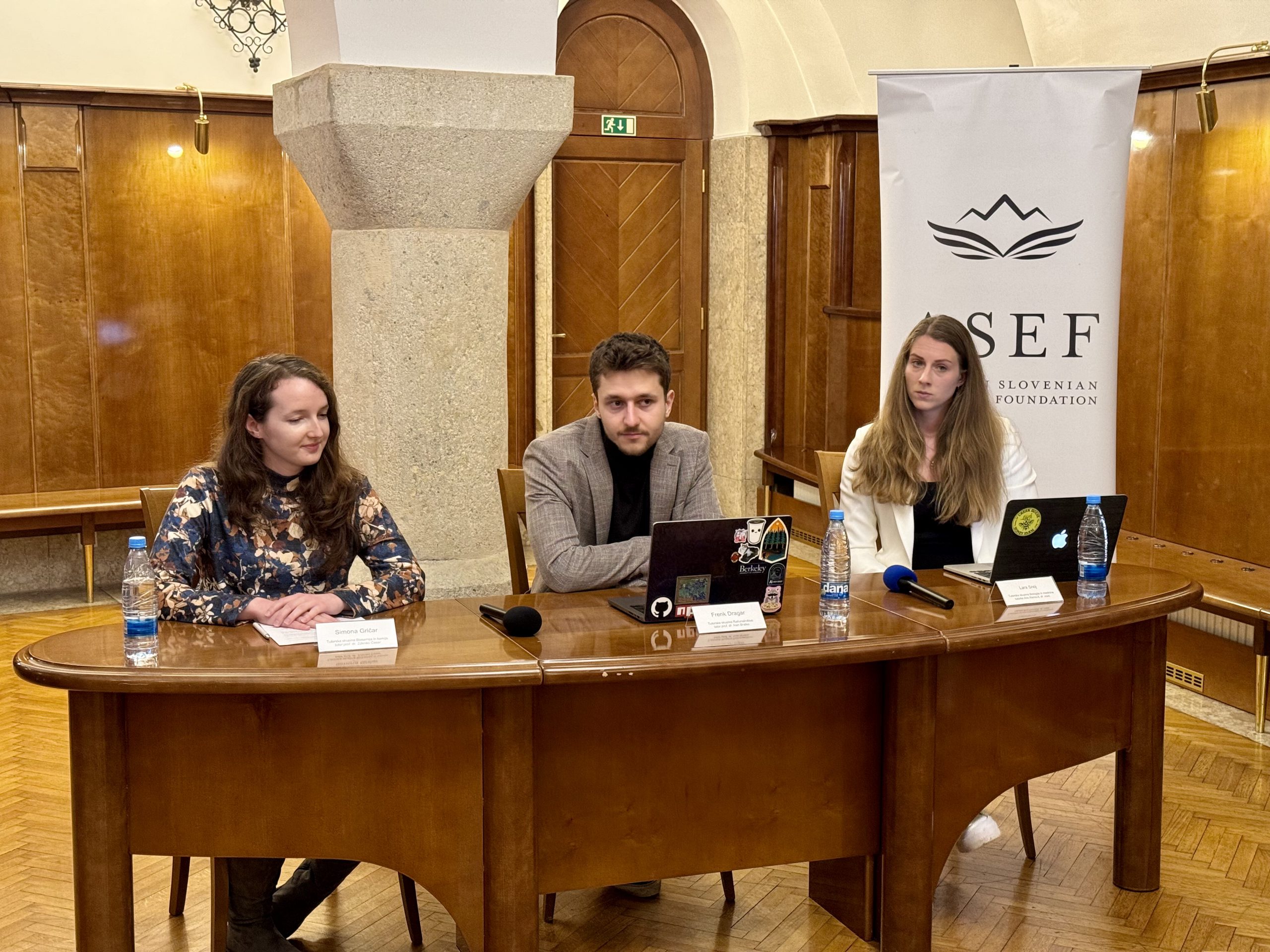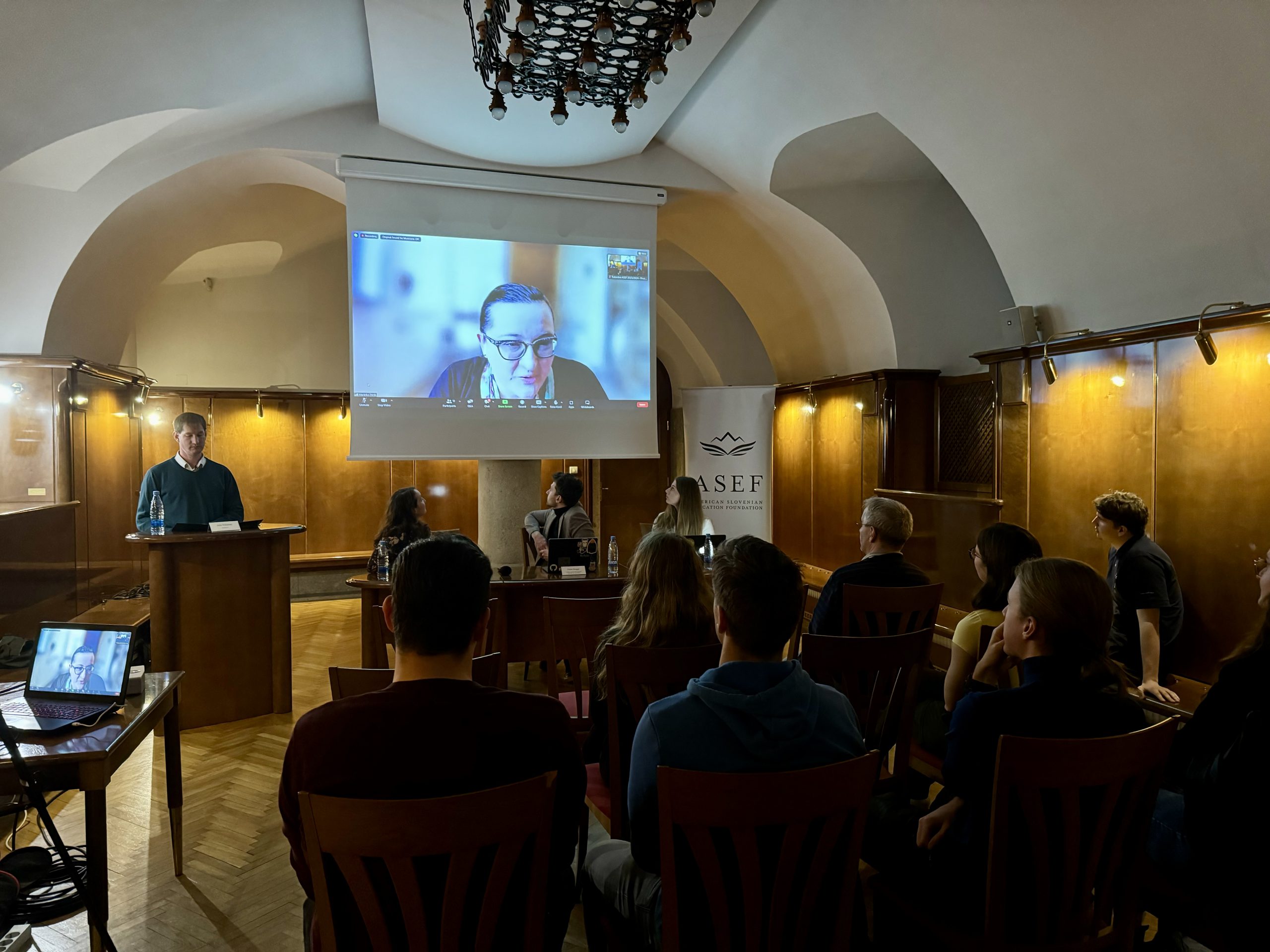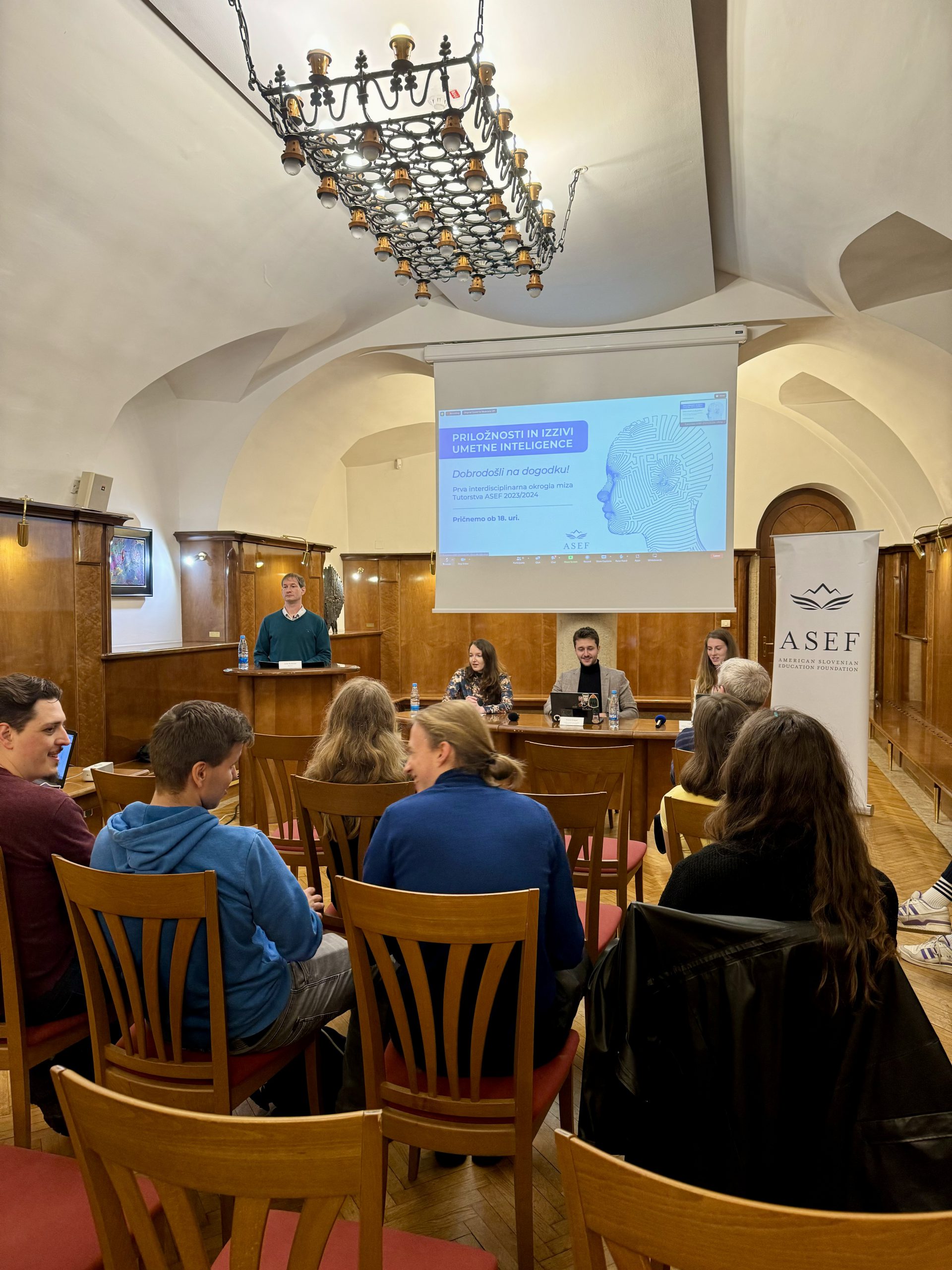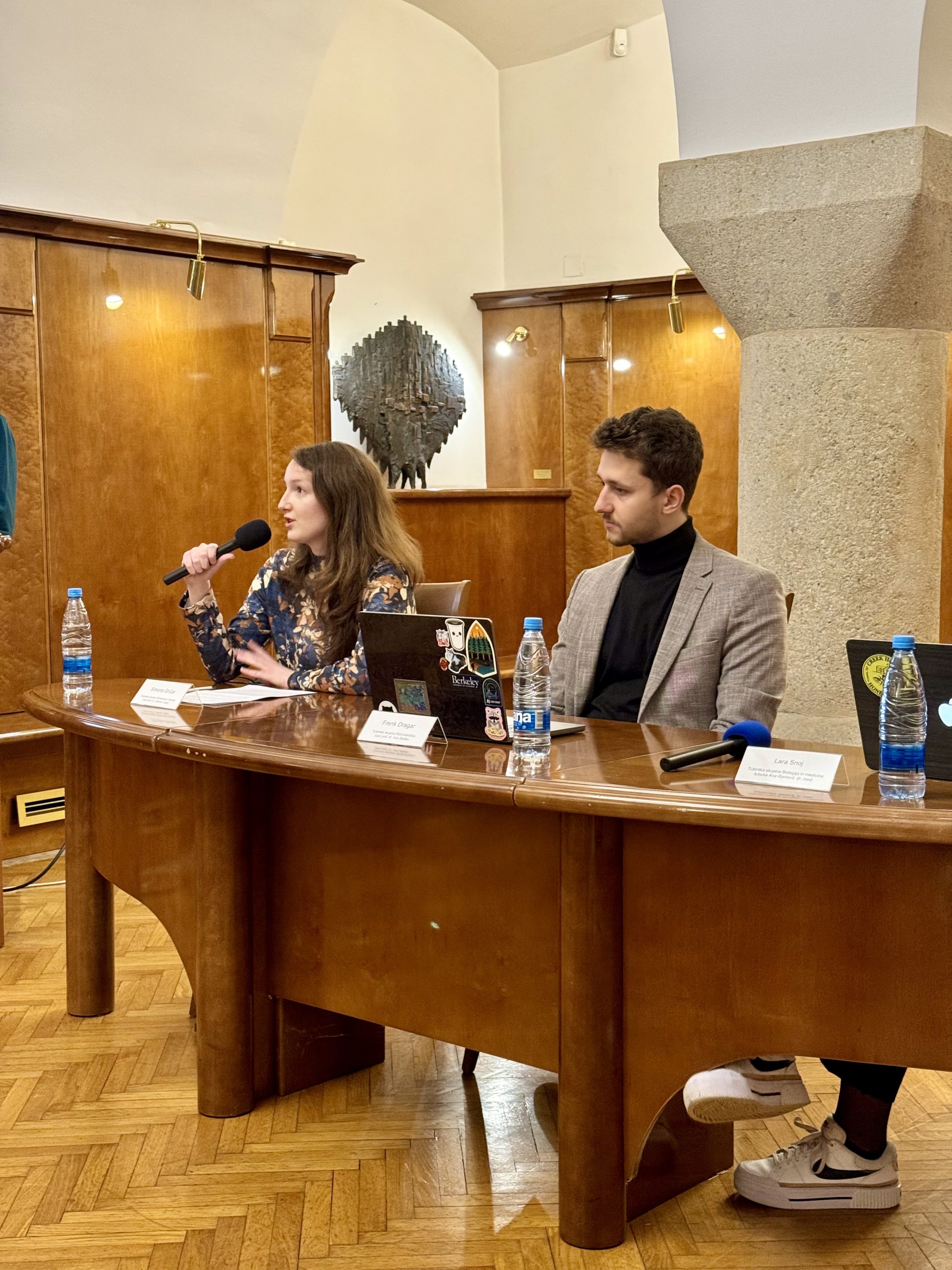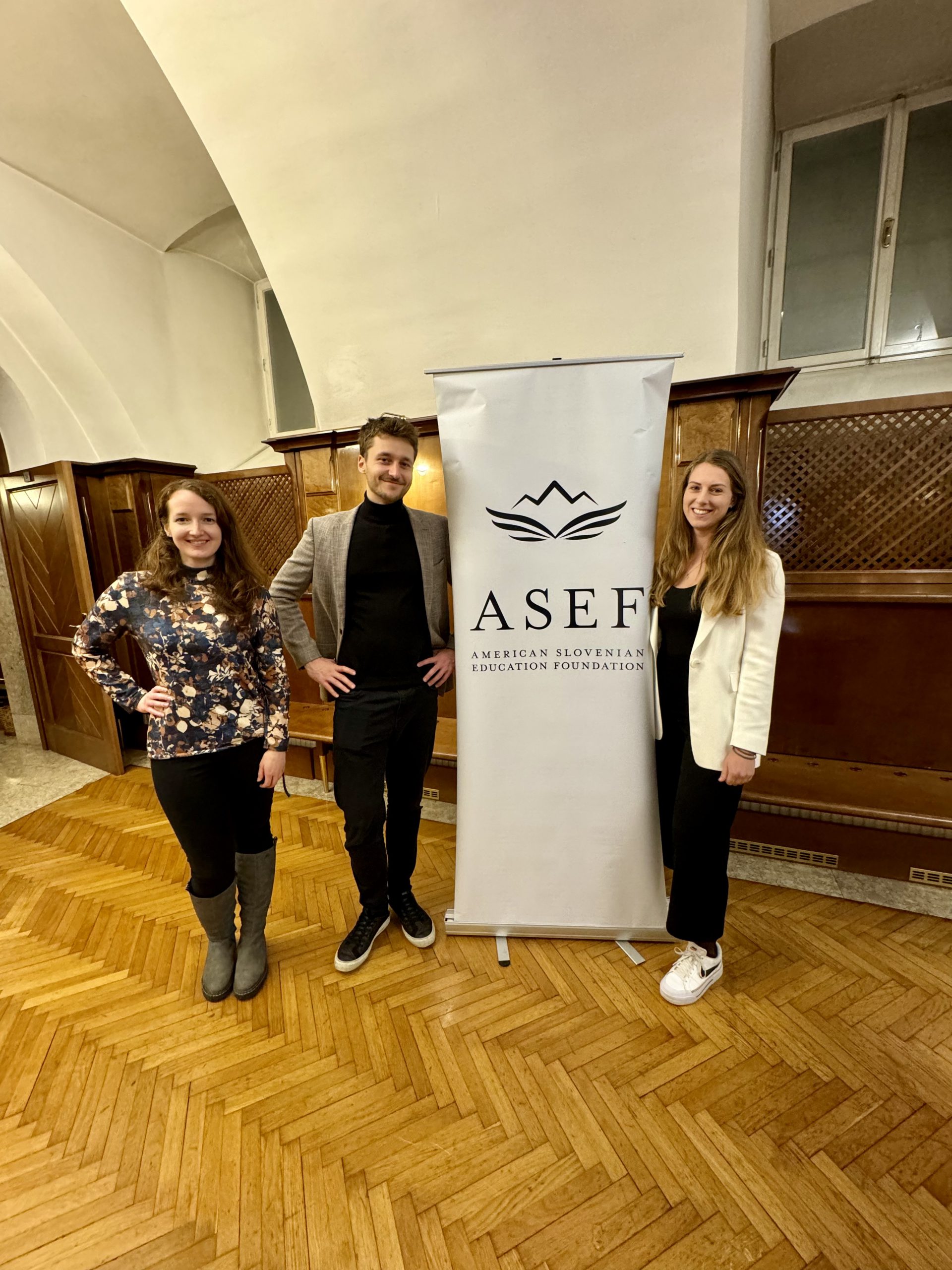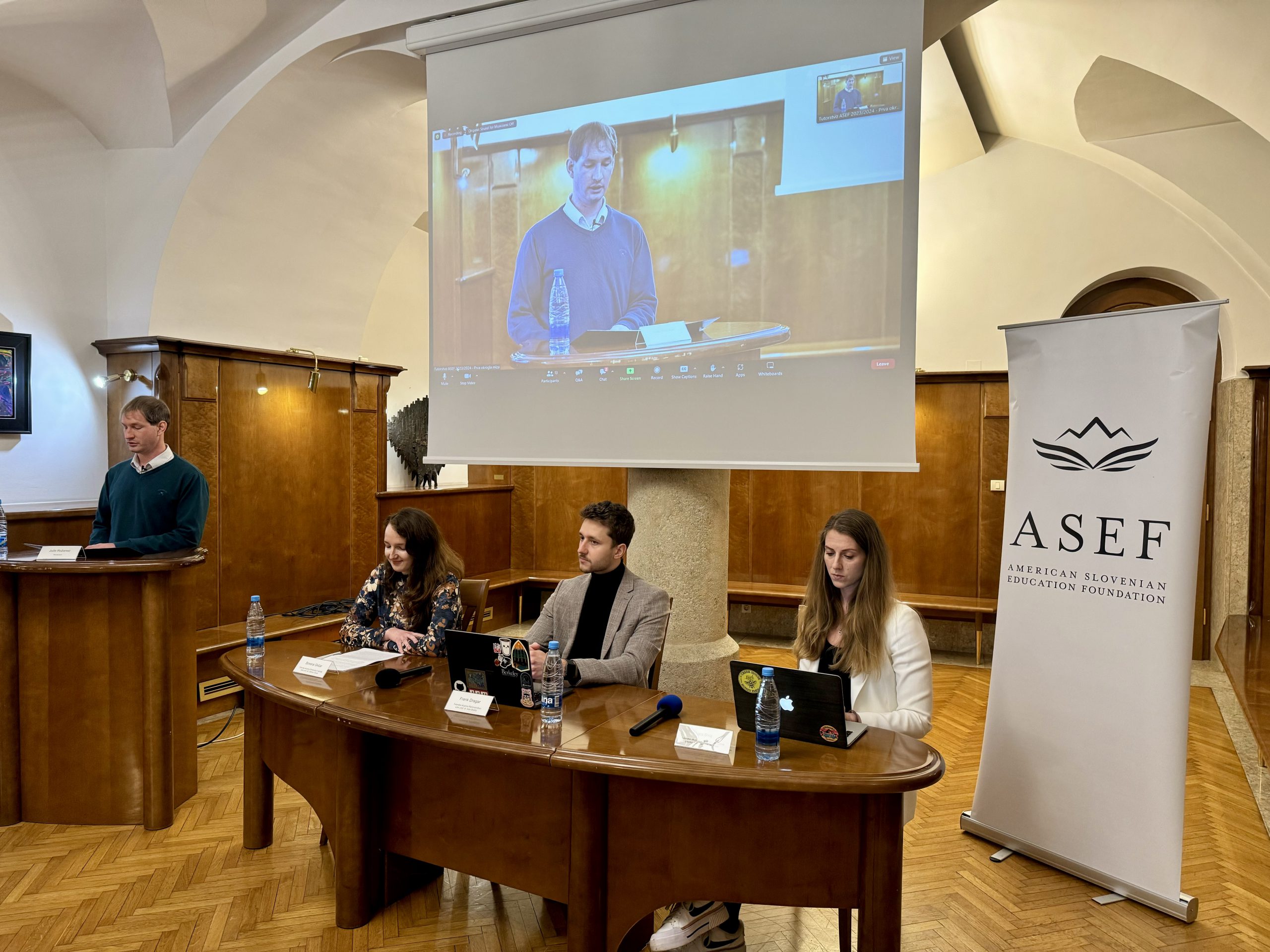
Opportunities and challenges of artificial intelligence
As part of the ASEF Tutorial Program 2023/24, ASEF organized the first interdisciplinary roundtable on Wednesday, March 27, entitled “Opportunities and Challenges in Artificial Intelligence”.
ASEF Tutorial Program is based on work in small groups of ASEF Junior Fellows in the form of independent research, discussion and writing contributions on relevant topics, which are led by tutors in individual fields.
The fellows and guests were greeted by Dr Marinka Žitnik, director of the ASEF Institute and lecturer at Harvard University. In her opening address, she pointed out that artificial intelligence is becoming synonymous with technological progress. AI is thus not only about technology, but can also be a mirror to our values, challenges and the dialogue between man and technology. She presented the various impacts that AI has had on different research areas: how it transformed medicine, the education sector, industry and production efficiency, waste management… In addition to its positive impact, AI also raises the question of ethics. Dr Žitnik highlighted the pressing issue of preventing AI from reproducing or even deepening social inequalities.
She presented how the ASEF tutorial groups contribute to these topics – here she emphasized the importance of interdisciplinarity, to help us comprehensively understand and develop technology. ASEF tutorial groups provide an opportunity to stimulate discussions and to develop and share ideas. At the end of her address, Dr Žitnik wished all the Fellows and participants a rich and lively debate.
The opening address was followed by an introduction of the roundtable participants – three ASEF Junior Fellows generation 2023:
- Biochemistry and chemistry: Simona Gričar (tutor Prof. Dr Zdenko Časar)
- Computer science: Frenk Dragar (tutor Prof. Dr Ivan Bratko)
- Biology and medicine: Lara Snoj (tutor Ana Ramovš, MD)
The panelists shared their knowledge and ideas from the areas they studied during the tutoring program. We listened to different methods of AI use in the pharmaceutical industry, namely in the development and production processes. We addressed issues such as the difficulty of introducing new processes into this highly regulated industry, and the dangers of processing vast amounts of data.
We also discussed the field of predicting extreme weather phenomena with machine learning. Here, the issue mainly concerns the quality of the data on which artificial intelligence is trained, as this has a key influence on the quality of the final models. The fellow presented various models and methods of data quality control at the last stage of learning.
Finally, we also discussed the use of AI in the field of early diagnostics, especially in cancer detection. Here we talked mainly about imaging diagnostics, which detect cancer cells significantly faster than all existing methods used so far. Algorithms can also help predict response to treatment and potential side effects, allowing for more personalized treatment plans.
The fellows shared the opinion that artificial intelligence will not replace human work, since it is still humans who not only interpret and evaluate the produced data, but also ensure the ethics of such processes. The event concluded with a lively debate between the audience and the panelists.
The roundtable was moderated by Dr Jože Rožanec.
The event was organized with the support of the Slovenian Youth Office.


